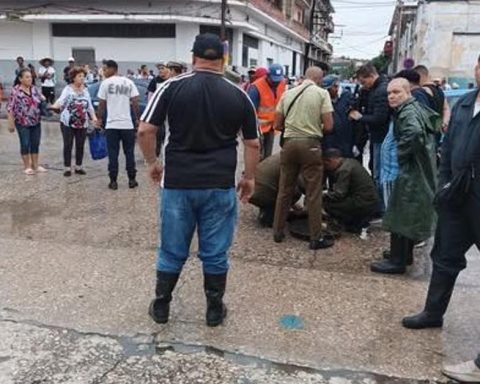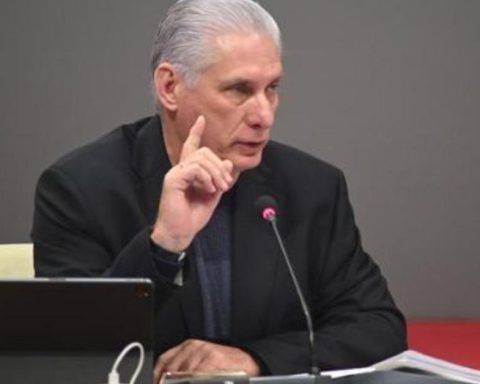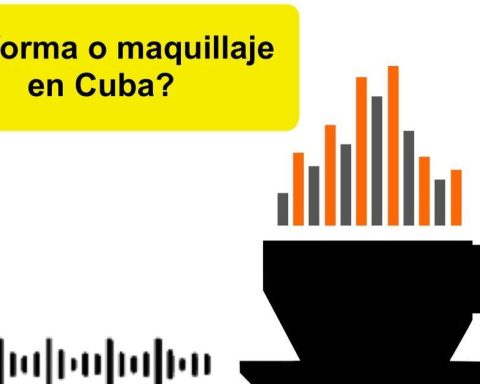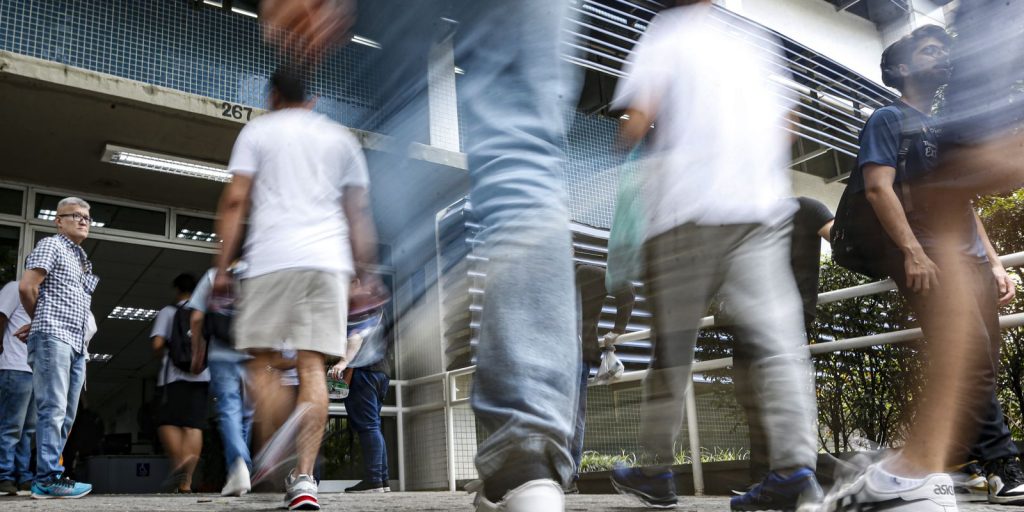
Havana/“Tolerance with you? No”. It was the phrase with which Cazador Cazado, a profile related to the Ministry of the Interior, finished his report about the arrest of a man who was carrying “85 type cigarettes chemical”. The capture, reported last Wednesday, occurred on Tuesday night, in the town of Pueblo Nuevo, in Holguín.
According to the report – which did not spare morals and scoldings – Osmany González Medel “was traveling without remorse on public roads” when he was intercepted by patrol cars. This is the only thing that the profile, which has no qualms about publishing photos and identities, was willing to reveal about the case.
They added that the Police carry out “a constant fight against the trafficking of illicit substances” and that “preventing this type of behavior from proliferating is everyone’s task.” They also recognize that there is an “escalation” of concern about drug trafficking on the Island.
It was reported that two women were arrested in Havana accused of selling drugs
On January 17, also from profiles linked to the ruling party, it was reported that two women were arrested in Havana accused of selling drugs in the town of Punta Brava, in the municipality of La Lisa. The official journalist Frank Enrique reported in a post – which he led with the slogan “zero tolerance for drugs” – that the capture was possible after an operation carried out two days before.
In his message, the communicator offered more details: “They took more than 20 pieces of paper with chemical and methamphetamine, as well as a lot of money to these women, who do not even work and were dedicated to enriching each other through drug contamination among adolescents.”
Another example occurred last December, when the newspaper Havana Tribunein a text titled Zero impunity. Tolerance, nonereported on a drug trial against Osleyvis Alexey Tejeda González. In the oral hearing, which did not specify when it occurred, the Prosecutor’s Office requested a 20 year sentence in prison for selling marijuana, synthetic cannabinoids and hashish.
According to the media, when the man was arrested, “a capsule” with 24 wrappers of marijuana was seized.
According to the media, when the man was arrested, “a capsule” was seized with 24 wrappers of marijuana and 0.20 grams of ADB-Butinaca, a synthetic cannabinoid that – although the note does not specify it – is the basis for the chemicala drug that has gained notoriety in Cuba due to its low prices and its growing consumption among youth.
“The chemical first gives a lot of euphoria, they become hyperactive and even dangerous, then comes a phase in which they remain like stones,” Moraima, a 67-year-old woman, resident in the La Rosita neighborhood, told this newspaper. Havana.
The composition of the most popular drug on the streets of the capital can vary significantly, but the base is synthetic marijuana mixed with drugs, some intended for the treatment of epilepsy, and some tranquilizer or anesthetic. A dose can cost between 300 and 500 pesos, depending on the concentration and quality of its ingredients.
Drug trafficking is a hot topic that increasingly affects Cubans. The official authorities can no longer hide it and the official press attests to this. In Las Tunas, for example, the I Provincial Workshop on Addictions this Thursday. In the forum, several specialists pointed out that the main substances consumed in the country are chemicalmarijuana, cocaine and some medications.
One of the greatest challenges they face from the medical side – they noted – is found in prevention, since “any approach regarding drugs and abuse is insufficient, because patients have a loss of notion of danger.”
Another issue is awareness of the consequences of consumption, such as schizophrenic disorders and geno-embryotoxic effects.
Another issue is awareness of the consequences of consumption, such as schizophrenic disorders, geno-embryotoxic effects during the fertile age, neurological alterations of the baby, ectopic pregnancies and neurodegenerative diseases.
According to Dr. Alejandro García Galcerán, director of the Mental Health Center of Centro Habana, in an article published by Granma last April, there is a “high rate of young women who use drugs, and are pregnant.”
In the interview, he added that “substance consumption is becoming, to a certain extent, a lifestyle in population groups. But what is happening is that people are starting to consume it earlier and earlier. The first experiences are between 13 and 14 years old; From the ages of 17 and 20 they can become addicted, and at the age of 25 there is an increase.” Likewise, he stressed that adolescents and young people represent “the most vulnerable group.”














